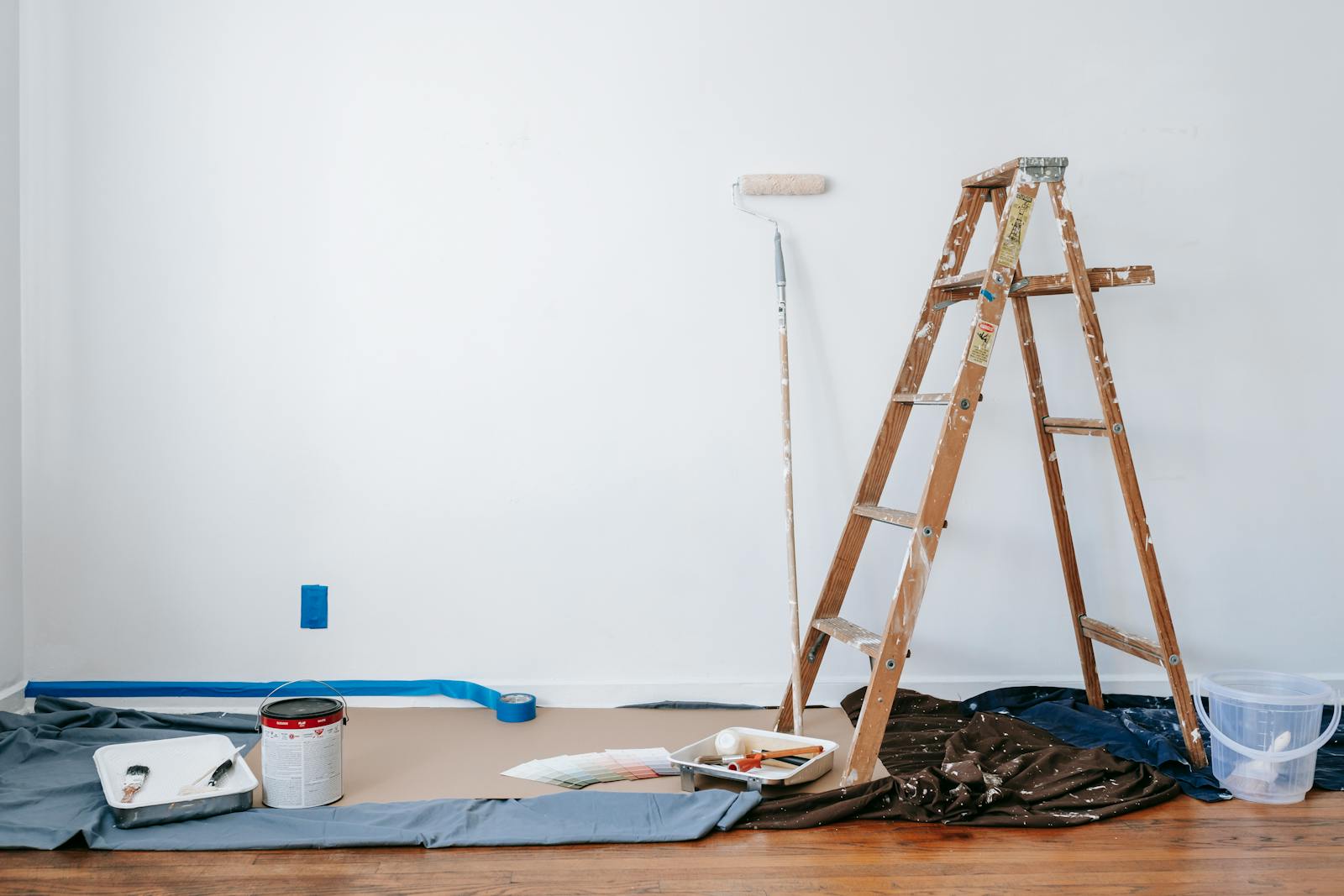There are numerous benefits to adding a secondary suite to your home, such as additional income and an increase in property value. The demand for rental housing in Canada is high, making secondary suites an attractive option for homeowners who want to add value to their property while also providing affordable housing options. Let’s explore the steps involved in adding a secondary suite to your home so you can make an informed decision that fits your financial situation and goals.
Legal Requirements for Adding a Secondary Suite
Adding a secondary suite to your home involves legal requirements that vary depending on location:
Municipality zoning by-laws – Many municipalities have specific rules around secondary suites, including the maximum size, minimum ceiling height, and parking requirements.
Permits and inspections – This includes building permits, electrical permits, plumbing permits, and fire and safety inspections. You may also need an occupancy permit before renting out your secondary suite.
Fire and safety regulations You’ll need to ensure that your suite meets the necessary fire and safety requirements, including fire separation between the main dwelling and the suite, smoke detectors, egress windows and carbon monoxide detectors.
It’s important to note that failure to comply with these legal requirements can result in fines, legal action, and even the removal of your secondary suite.
Designing Your Secondary Suite
There are several steps involved when designing your secondary suite:
Decide the type of secondary suite you want to build. Several options are available, including a basement suite, an attached suite, or a detached suite. Your choice will depend on your specific needs and the layout of your property.
Consider the floor plan and layout of your suite. Ensure the suite is functional, with a separate entrance, living area, kitchen, and bathroom.
Ensure the suite meets the legal requirements for size, ceiling height, and egress windows.
Choose flooring, lighting, and fixtures that are durable and easy to maintain. You’ll also want to consider soundproofing between the main dwelling and the suite to ensure privacy and reduce noise transfer.
Financing Your Secondary Suite
There are several options to finance your secondary suite:
Take out a home equity loan or line of credit – These options allow you to borrow against the equity in your home, using it as collateral for the loan. Home equity loans typically have fixed interest rates and repayment terms, while home equity lines of credit offer more flexibility in borrowing and repayment.
Take out a personal loan or use a credit card – These options can be more expensive in terms of interest rates, but they can be a good option for smaller projects or if you don’t have enough equity in your home.
It’s essential to consider your financing options and budget for your project carefully. You’ll need to factor in the cost of construction, legal fees, permits, and inspections. Working with a qualified contractor can help you accurately estimate the cost of your project and ensure that you stay within budget.
Government Incentives and Rebates
Government incentives and rebates are available to homeowners who add secondary suites to their property. These incentives vary depending on your location and the type of secondary suite you’re building.
Provincial and municipal governments often offer financial incentives to homeowners who add secondary suites. These incentives are designed to increase the supply of affordable housing and improve the livability of existing homes. Sometimes, homeowners may be eligible for grants or forgivable loans to help offset the construction cost. For example, The Ontario Renovates Secondary Suites Forgivable Loan Program is a provincial program that provides forgivable loans of up to $75,000 to homeowners who want to create or renovate secondary suites in their homes.
Tax breaks are also available to homeowners who create secondary suites in their homes. For example, the Multigenerational Home Tax Credit is a federal program that provides a non-refundable tax credit of up to $2,000 for eligible expenses incurred when converting a home into a more accessible and comfortable living space for elderly or disabled family members.
Building Your Secondary Suite
When building a secondary suite, hire a qualified contractor who has experience in building secondary suites. Look for licensed and insured contractors with experience with the type of secondary suite you want to build.
Throughout the construction process, you must oversee everything to ensure the project stays on track. This includes working closely with your contractor to create a detailed timeline and budget for the project, obtaining all necessary permits and inspections, and monitoring the construction process to ensure that it stays on schedule and within budget. You should also communicate regularly with your contractor and be available to answer any questions or concerns that arise during the construction process.
Adding a secondary suite to your home can be a rewarding investment. Still, seeking professional advice and carefully considering the costs and benefits before embarking on the project is essential. With proper planning and execution, a secondary suite can provide long-term financial benefits and improve the livability of your home. Talk to your financial advisor today to discuss the possibility of building a secondary suite.
Source: remax.ca










